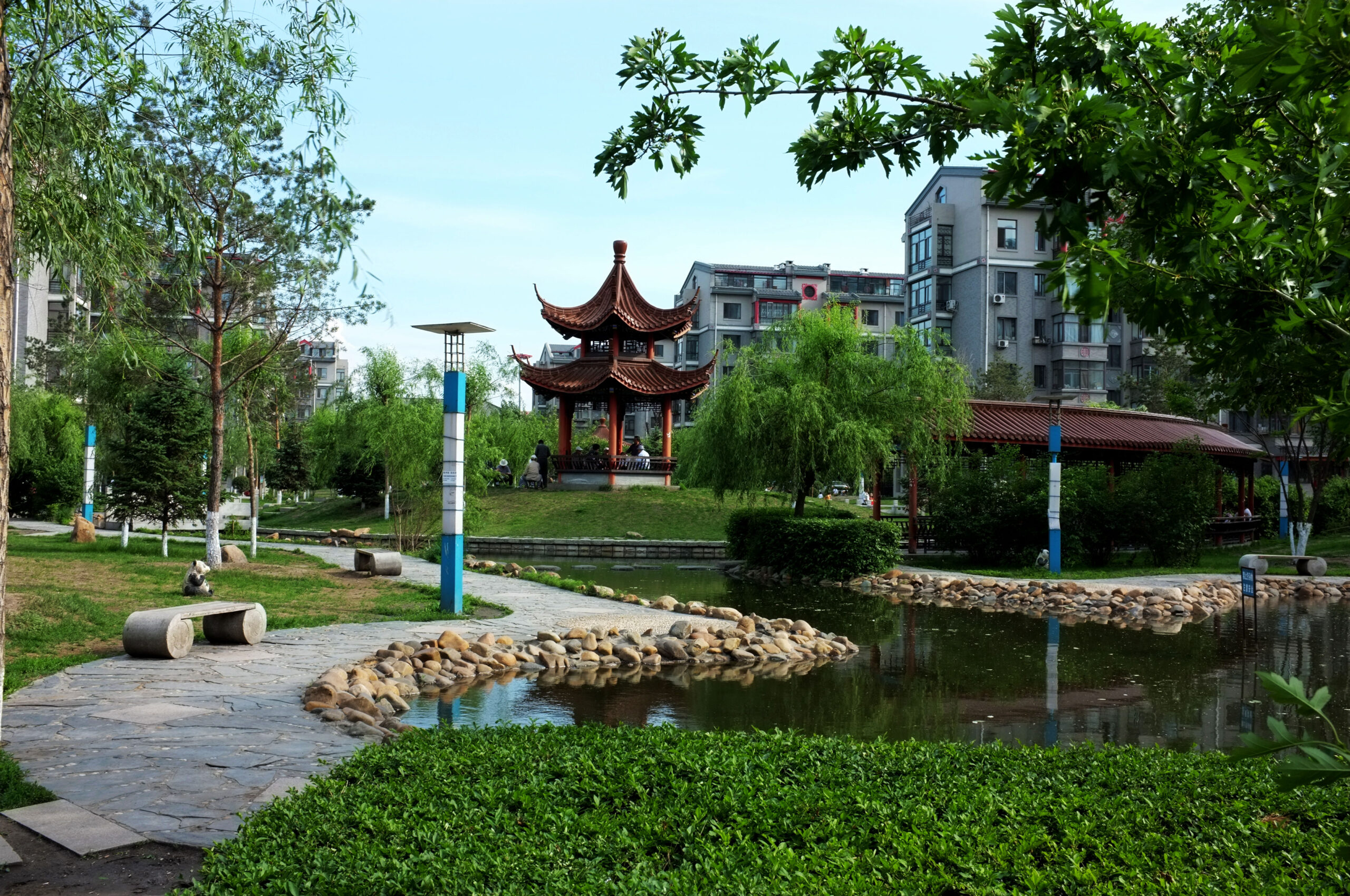The China National Leisure Survey (2020), jointly completed by the Tourism Research Center of the Chinese Academy of Social Sciences, Tencent User Research and Experience Design Department, and Tencent Literature and Travel Industry Research Institute, was released in Beijing on December 9. The report summarizes the leisure habits of Chinese people today from more than 12000 respondents.
According to the report, the average leisure time of Chinese people increased from 3.2 hours to 3.6 hours in 2020, while their commuting time increased from 1 hour to 1.2 hours. The leisure time in small cities is longer, and the commuting time in big cities is longer.
It is worth noting that the COVID-19 epidemic occurred in China at the beginning of 2020, and almost the whole country maintained a state of suspension of work and schools throughout the spring. During this period, residents’ leisure time increased significantly.
In terms of leisure, when leisure at home, the highest proportion of leisure is the consumption of recreational content, such as books, newspapers, television, radio, music, and so on, followed by social networking, games, and competitions, and so on.
In terms of local leisure, the highest proportion is to visit parks and scenic spots, followed by friends’ gatherings such as dinner or KTV, and then shopping.
Online social networking accounts for the highest proportion of online leisure. It is worth noting that short videos have increasingly become one of the main ways of leisure for Chinese people.
Age has a great influence on the way of leisure. China’s middle-aged and elderly still show the living habits of the last century, attaching importance to leisure ways such as visiting parks and listening to the radio. Games and online social networking are the main choices for young people. In terms of the consumption of cultural and recreational content, although the content of consumption is different in different ages, the overall duration is relatively close.
The level of income and the degree of development of the city have a great impact on family leisure and local leisure but have little impact on online leisure. The average annual leisure consumption of Chinese people is 5647 yuan, while 44.4% of people spend less than 1000 yuan a year. Obviously, the more developed the city, the higher the leisure consumption.
About 3/4 of the respondents think that leisure is positive, and most people think that leisure can relieve fatigue and stress.
On the whole, most of the interviewees think that the public leisure space is insufficient. This puts forward new requirements for China’s urban construction.

评论